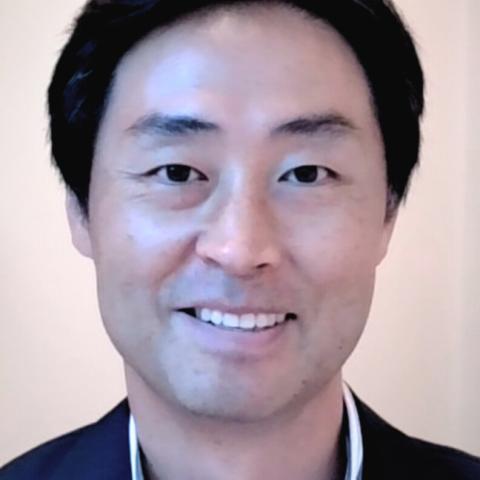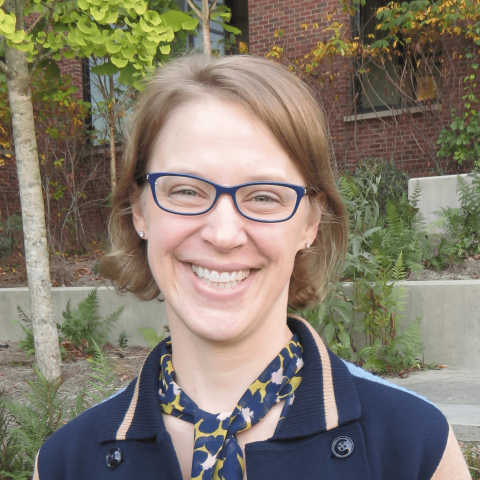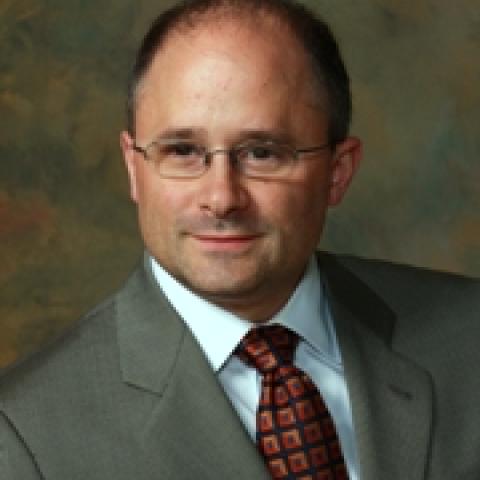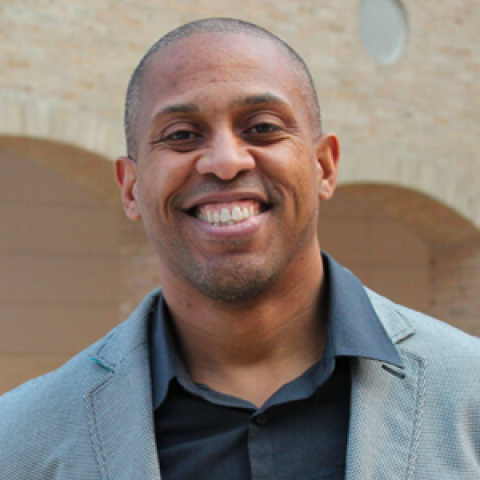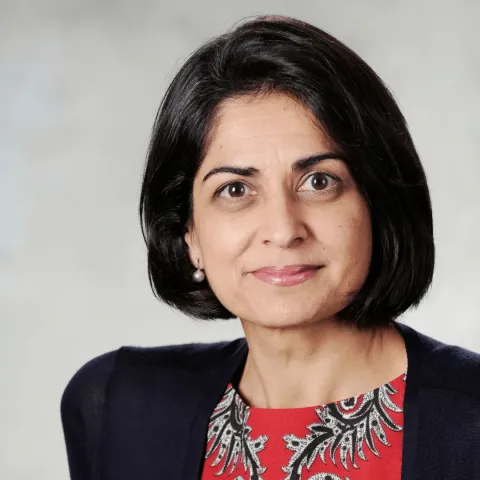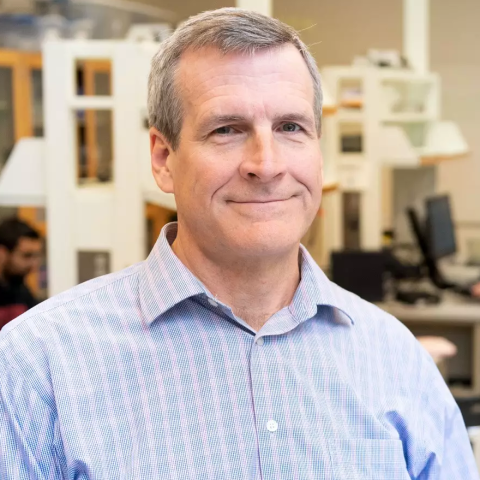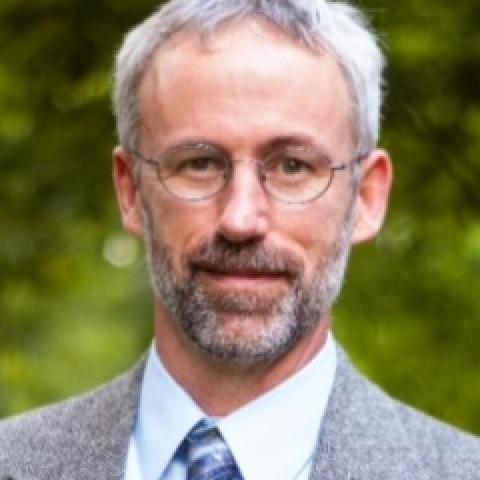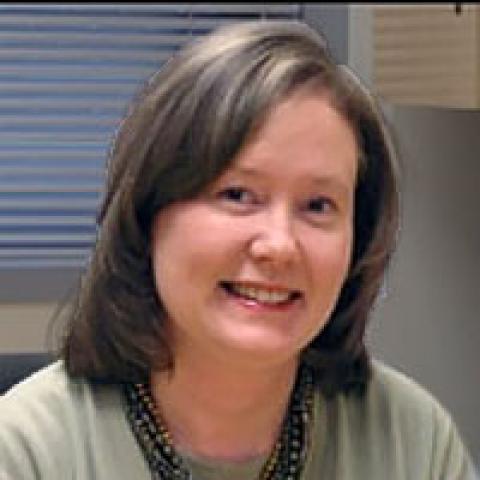Timothy Cope
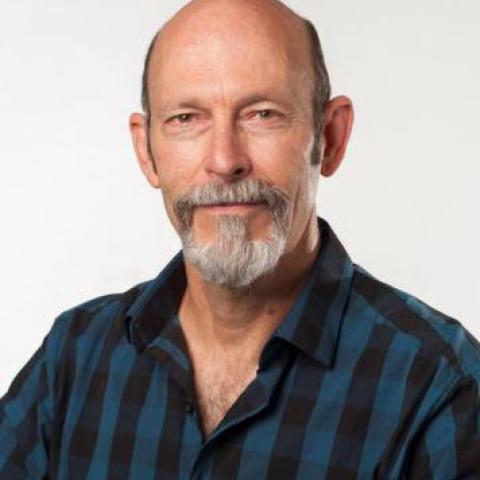
My research interests center on control of movement by sensorimotor integration in the mammalian spinal cord. Using predominantly electrophysiological methods applied in vivo, we study neural signaling by spinal motoneurons, somatosensory neurons, and their central synapses. Our primary analyses include electrical properties, synaptic function, and firing behavior of single neurons. We are actively examining how these neurons and synapses respond soon and long after peripheral nerve injury and regeneration. Our recent findings demonstrate that successful regeneration of damaged sensory axons does not prevent complex reorganization of their synaptic connections made within the spinal cord. In separate studies, we are examining novel mechanisms of sensory encoding and their impairment which recently discovered in rodents treated with anti-cancer drugs. Both nerve regeneration and chemotherapy projects are driven by the long-term goal of accurately identifying the neural mechanisms behind movement disorders. We also continue to explore fundamental operations of the normal adult nervous system. Our most recent studies focus on synaptic modulation of motoneuron firing and on interspecies comparisons of spinal circuits.
